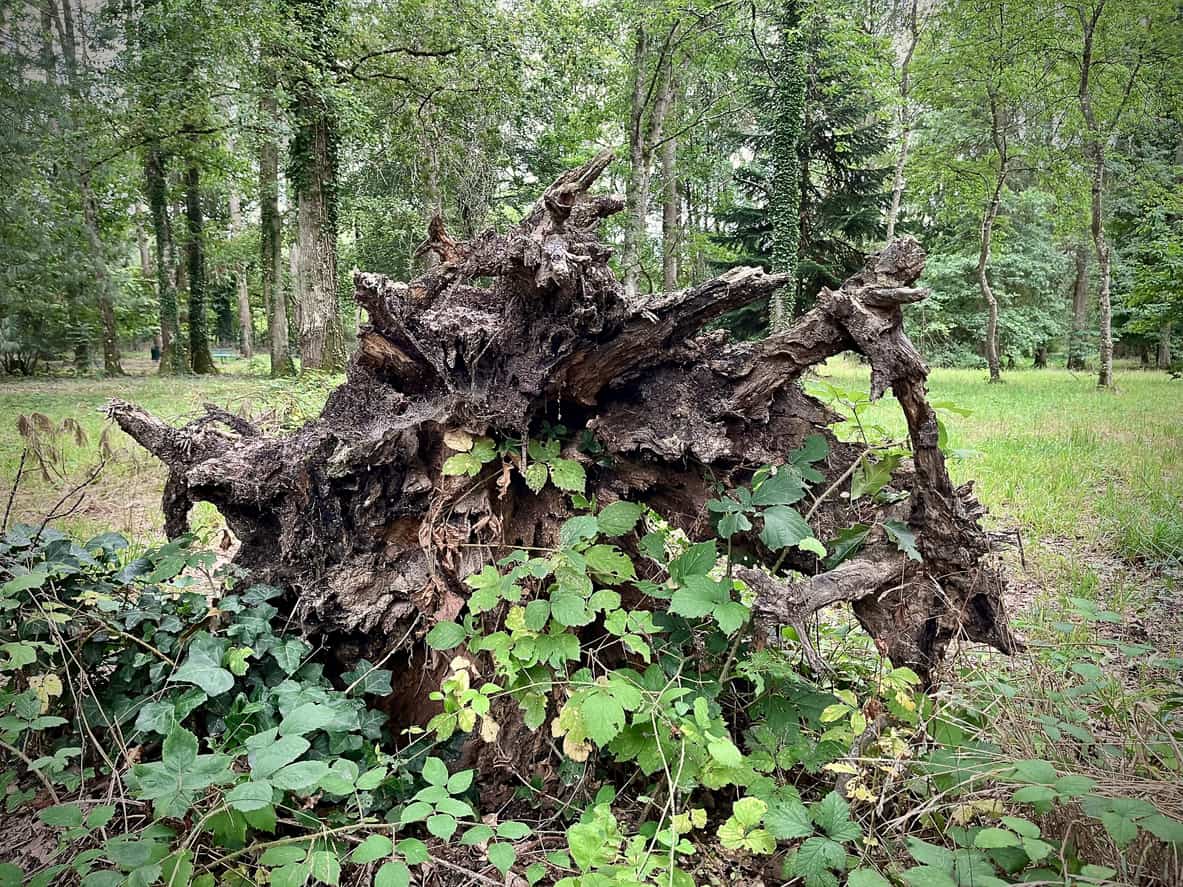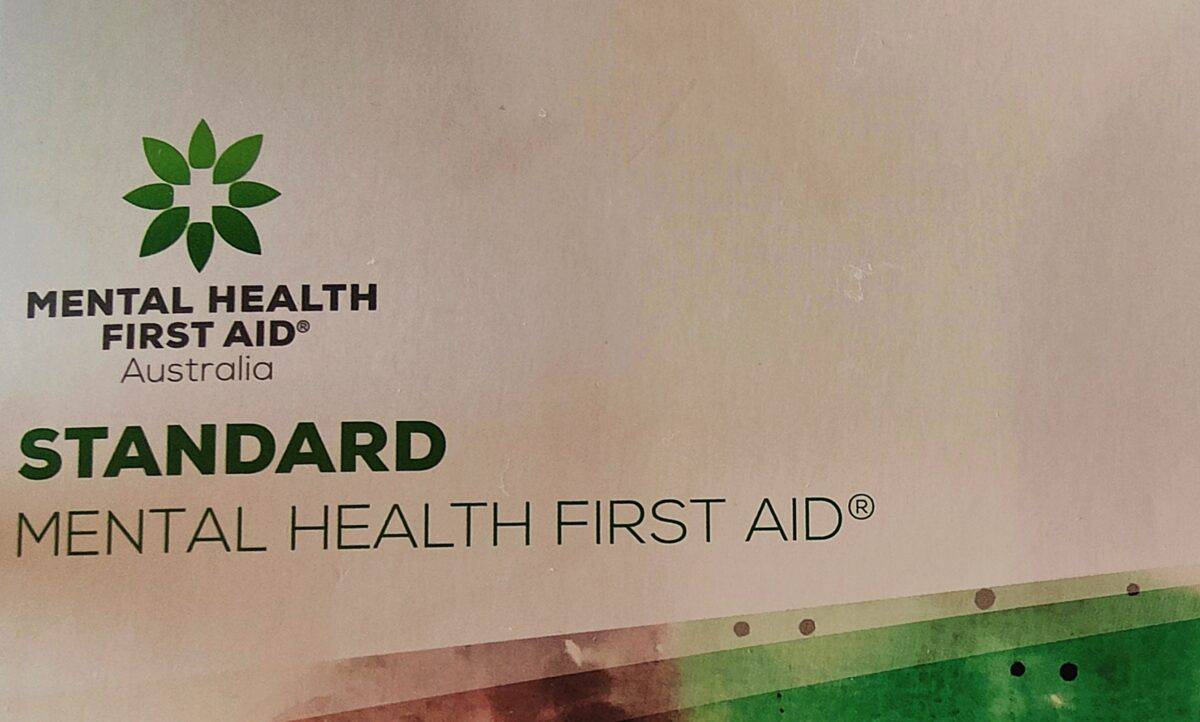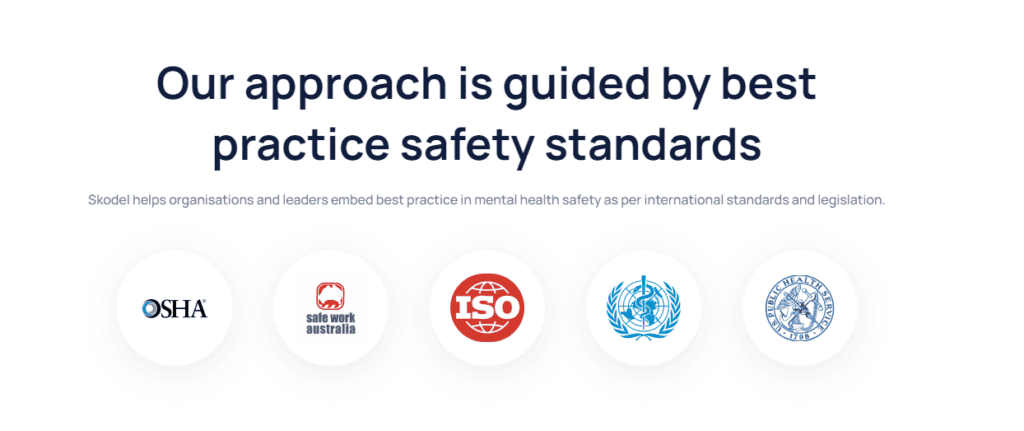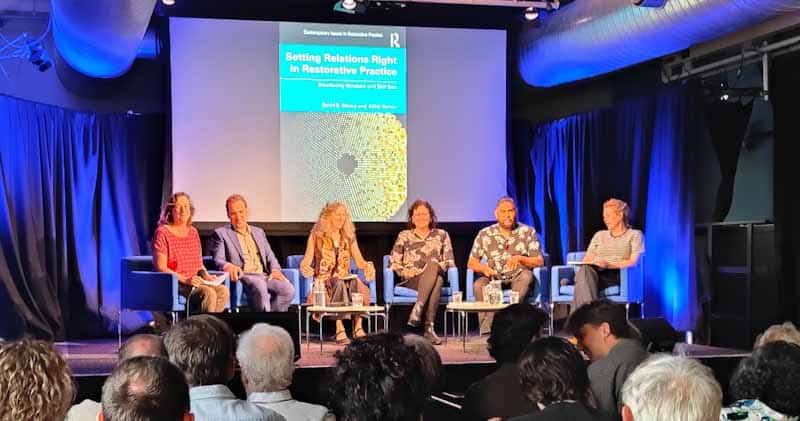Occupational health and safety (OHS) decision-making by employers is dominated by reasonably practicable safety and health decisions. OHS advice is similarly dominated, leading to an industry that is cowed by the need for job security and tenure. OHS teaching in tertiary institutions is also influenced, if not dominated, by what is seen as (right-wing) “business realities”.
OHS is a small part of the university curriculum. In some universities, OHS education is missing entirely. The OHS discipline is not seen as important or marketable or an important source of revenue. A new book about universities in the United States in the 1960s and 1970s may help us understand the reasons for this.








